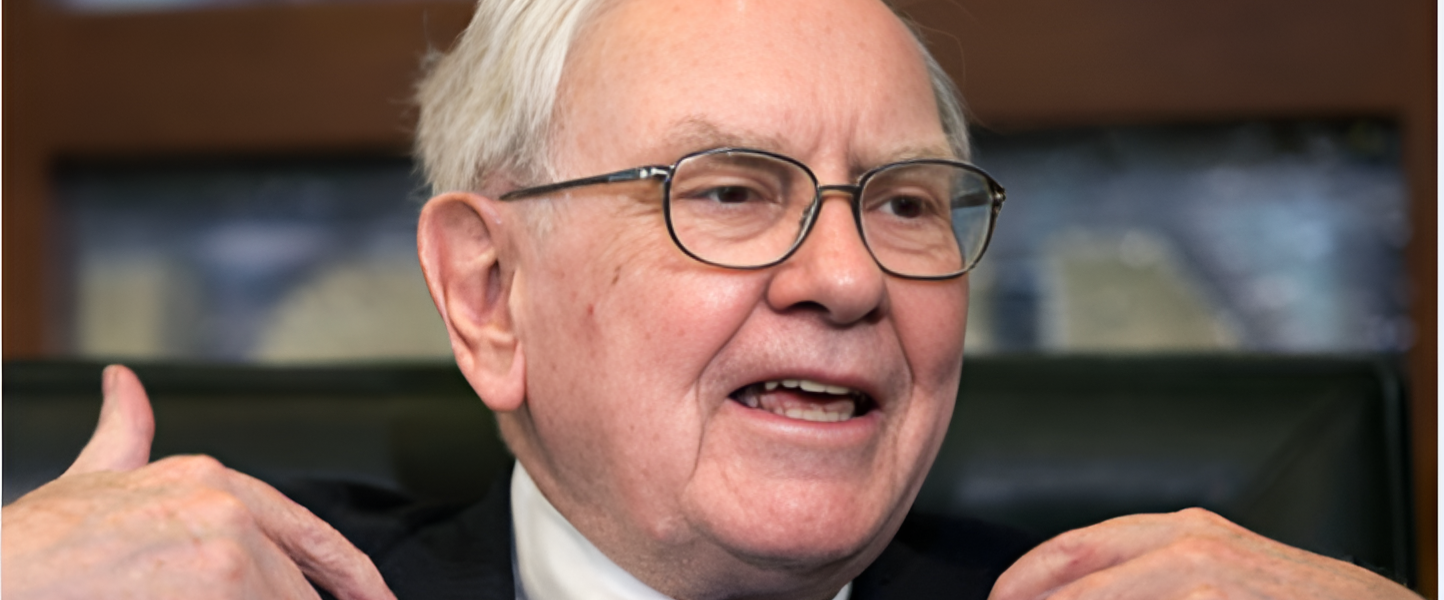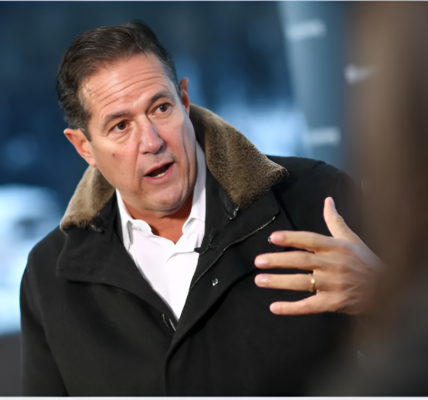
Warren Buffett, the billionaire CEO of Berkshire Hathaway, once again stood by the controversial $11 billion acquisition of Canadian chain Tim Hortons by Burger King, despite widespread criticism labeling the deal a corporate inversion aimed at circumventing U.S. taxes.
Buffett, whose conglomerate invested $3 billion to help finance the deal, addressed the matter on MSNBC, rejecting claims that the move was primarily about avoiding U.S. taxes. While acknowledging that many corporate inversions are indeed tax-driven, he emphasized that the financial benefits of the acquisition far outweigh any potential tax relief.
He pointed out that the highest amount of federal tax Burger King had paid in the last three years was just $30 million. “If anyone would spend $11.8 billion to save $30 million in federal income tax, they did not attend the math class I went to,” Buffett quipped, dismissing the notion that tax savings were the primary motivation behind the deal.
Buffett also clarified that the acquisition was driven by the size and financial strength of Tim Hortons, which he noted earns double the revenue of Burger King. “It’s a case of the larger company being in Canada,” Buffett said, underscoring the strategic advantage of the acquisition beyond just tax considerations.
Despite his defense of the deal, Buffett’s involvement in the Burger King-Tim Hortons transaction has complicated matters for the White House. President Barack Obama had previously advocated for corporate tax fairness and cracked down on inversions, making Buffett’s support for the deal a delicate issue.
Known for championing tax fairness, Buffett has long advocated for higher tax rates on the wealthy, including a proposal for the so-called “Buffett Rule” to ensure that millionaires pay taxes at the same rate as the middle class. However, his endorsement of the Burger King deal highlights the complexity of balancing economic patriotism with corporate strategies in an increasingly globalized market.





